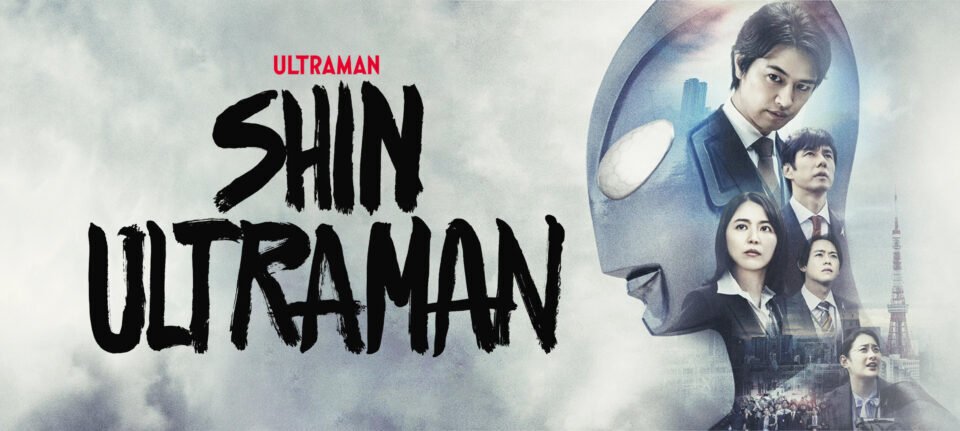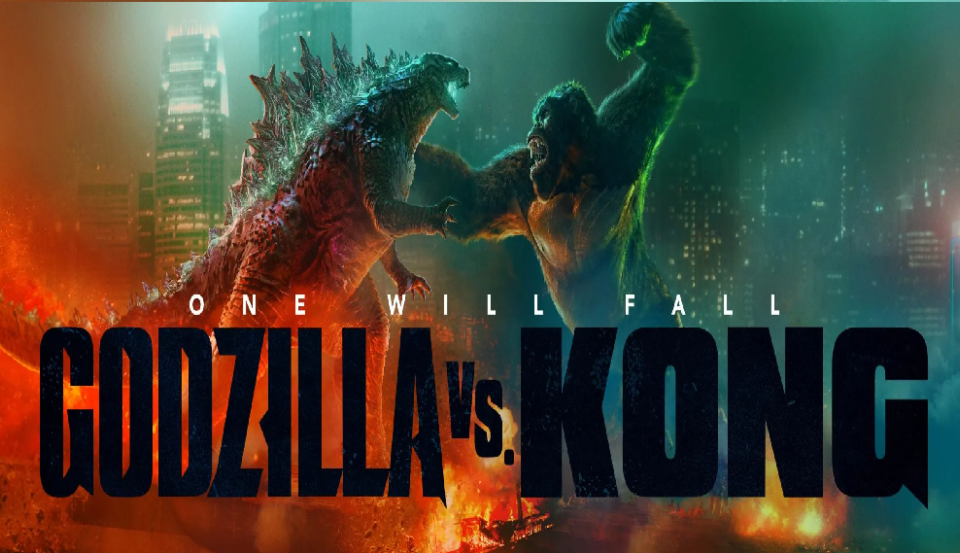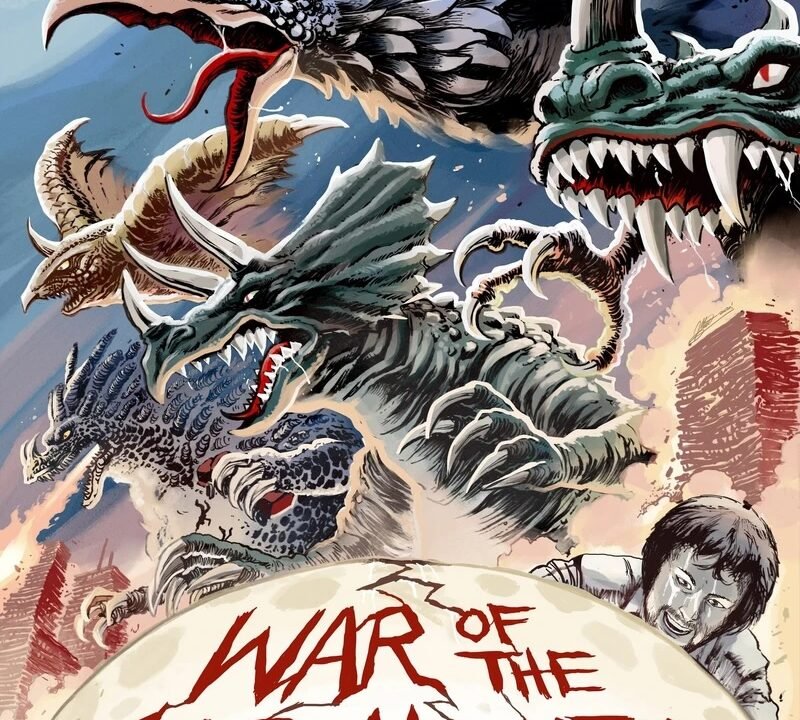My Initial Thoughts on Pacific Rim
July 20, 2013Legendary’s ‘Godzilla’: What We Know So Far
July 30, 2013I have always loved Godzilla 2000. Not only was the first (and so far, only) Japanese Godzilla film I saw on the silver screen, I found it to be a movie that followed a formula for being a good Godzilla film. A formula that was christened by Ishiro Honda and followed, years later, by director Takao Okawara. I always found Okawara to be the second greatest Godzilla director.
Takayuki Hattori, who, five years earlier, scored Godzilla Vs. Spacegodzilla, is back to score Godzilla 2000: Millennium. Hattori’s score for Godzilla Vs. Spacegodzilla was, to say the least, lackluster. I thought it did not capture the magnitude of the kaiju nor the action portrayed in the film. When I heard Hattori was attached to this movie, I cringed. I feared a repeat of Godzilla Vs. Spacegodzilla.
Instead, what I discovered was one of the greatest Godzilla scores I ever heard!
Track Length: Godzilla 2000 doesn’t have many lengthy tracks, but we do get plenty of tracks that run between one and two minutes. I would say that’s the average length of most of the tracks on this score.
There are, though, a handful of tracks that run under one minute; there’s even one that runs at 9 seconds. No joke.
Some of the better tracks, thankfully, run longer. The variations of “Main Title” and “End Title, The Feared God,-Godzilla” are the longer tracks.
Riffs of Hattori’s Godzilla theme play in various tracks. With some of the tracks, these riffs run longer than others, but not to the point where you get annoyed by it.
I believe the track length, and overall length of the score, we get a score that is very appropriate. This running length of the entire score includes bonus tracks and seven unused tracks.
10/10
Repetitiveness: With most, if not all, Godzilla scores, there will be some form of repetitiveness. But with Godzilla 2000, I don’t find there to be large amounts of repetition. Hattori’s Godzilla theme is repeated, as I wrote earlier, throughout various other tracks. Again, the repetition of this theme, or riffs of it, do not hurt the score like it did with Terror of Mechagodzilla (although the same two or three themes were repeated throughout that score for the most part).
What I find interesting is that a small portion of the riffs Hattori used in Godzilla Vs. Spacegodzilla are used during the first half of the “Main Title.” This time, though, there are slight variations and it works, I think, better with this film than it did Godzilla Vs. Spacegodzilla.
Repetition is not an issue with this score; or at least much of an issue where you’d want to rip your ears off like you would with Terror of Mechagodzilla.
10/10
Signature Tracks: I’m going to get this out of the way right now: The “Main Title/Godzilla Theme” for this film is one of the most iconic in the entire franchise. I find Hattori’s Godzilla theme for this film to be near the top of my list when I think of Godzilla film scores. Thankfully, we get a decent dose of these throughout the score.
What I love, however, are some of the variations of Godzilla’s theme in which Hattori enables a small usage of synthesizers. Akira Ifukube’s Godzilla theme even pops up on track 32; in case you were wanting some “traditional” Godzilla theme music.
“End Title, The Feared God-Godzilla” has one of the most beautiful choir pieces I’ve heard in the franchise. Like “Requiem” from Godzilla Vs. Destoroyah, I tear up just about every time I hear it. I also love the way it is played in the movie: Godzilla making his way out of Tokyo, seemingly stumbling along the way(perhaps exhausted) following his battle with Orga. No sound is present except for this piece of music. Kitagawa’s performance as Godzilla was nothing short of fantastic and helped to create a sympathetic mood of our favorite kaiju.
10/10
Stand Alone Listening Experience: Roughly half of the scores in the Godzilla franchise, I think, are good enough to listen by themselves. Most scores, obviously, are designed to match with the action on screen. This film is no different, but the construction of the music is so spectacular that I found myself really enjoying this score without needing the movie itself.
Some of the film scores don’t stand alone very well; although every score has, at least, a track or two in which you can listen to it without the film.
There are a few tracks that aren’t great as stand alone music, but with this score, I found that the reasoning behind it was due to their short running time; the tracks that, usually, ended up running under one minute. This is where the score will get docked a small bit.
Overall, it’s a terrific stand alone experience that I thoroughly enjoyed!
9.9/10
Overall: Like the movie, I cannot say enough good about the score for Godzilla 2000. Hattori grew exponentially in the five years he scored Godzilla Vs. Spacegodzilla. This is one of my all-time favorite scores and Hattori’s Godzilla theme and “Main Title” are iconic in the franchise.
His light use of synthesizers helps both of these themes in the tracks he adds the touch. Hattori’s usage of brass and horns gives the movie and kaiju the magnitude that he lacked in his score to Godzilla Vs. Spacegodzilla. The music matches the action very well and, just about as important, works well as a stand alone listening experience.
The version of this score I listened to (from the Godzilla 50th Anniversary Perfect Soundtrack Collection) adds extra tracks that were not used in the film nor added to previous releases of the film’s score.
Godzilla 2000: Millenniun’s score is absolutely wonderful! I hope those of you who were around in 2000, at least, picked up the score that was released by GNP Crescendo at the time. That release is nearly the exact same as the score’s initial Japanese release in 1999. The only difference is that a few tracks were blended together, because GNP Crescendo, for whatever reason, thought it was necessary and that, perhaps, some of the tracks worked their way into said tracks well.
Check this score out!
[include id=”11″ title=”Godzilla 2000: Millennium Score Review-Kent”]





